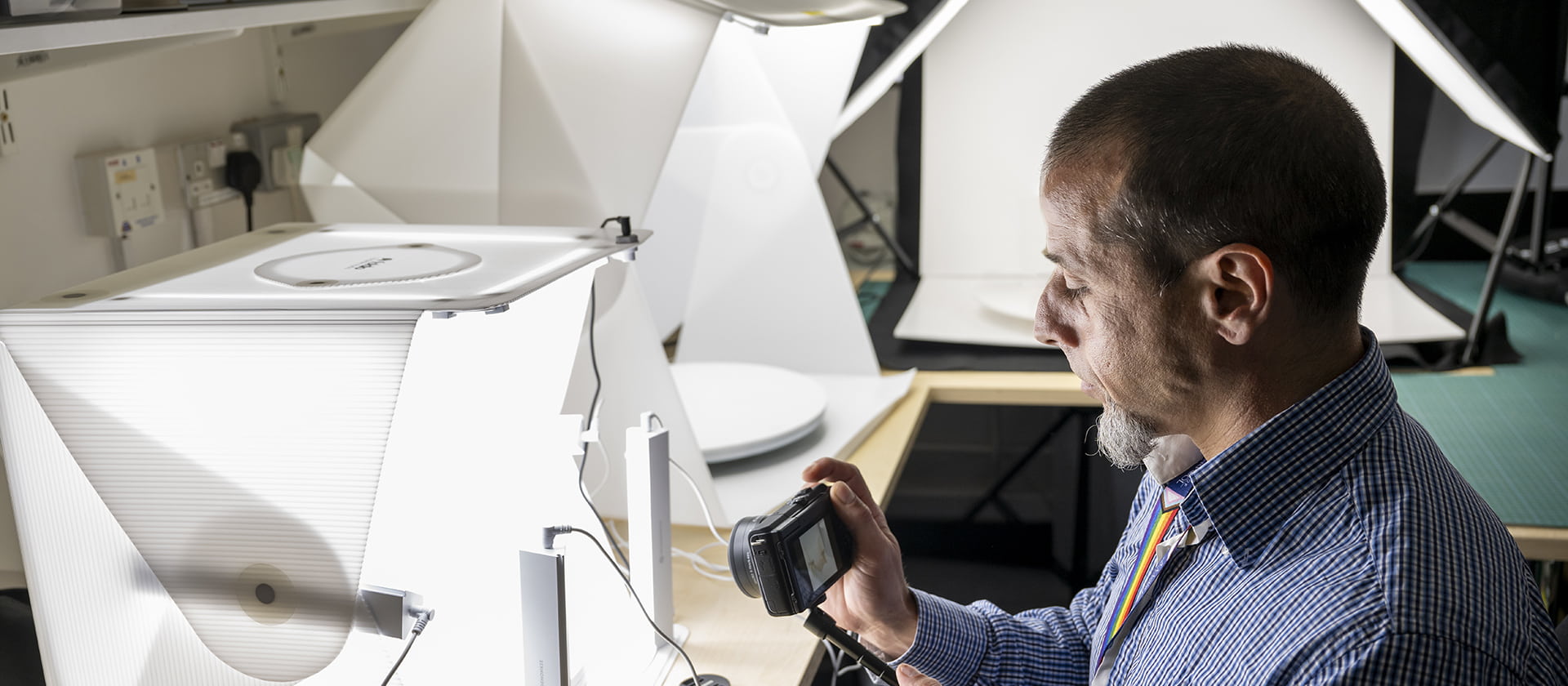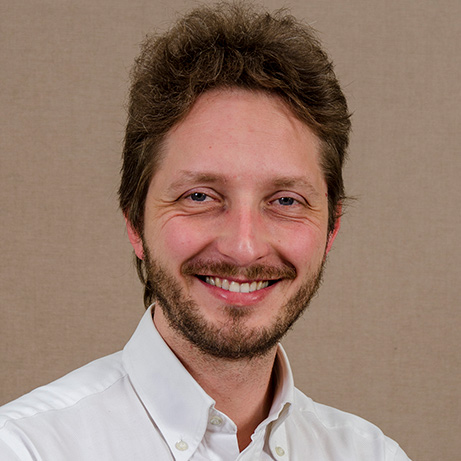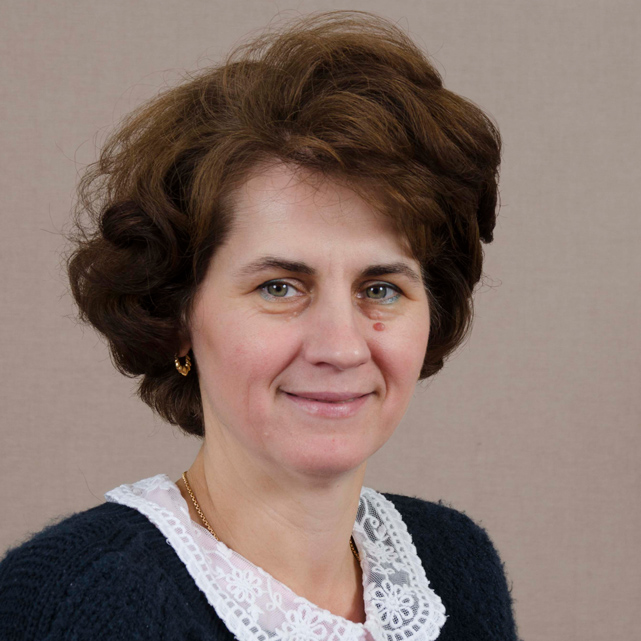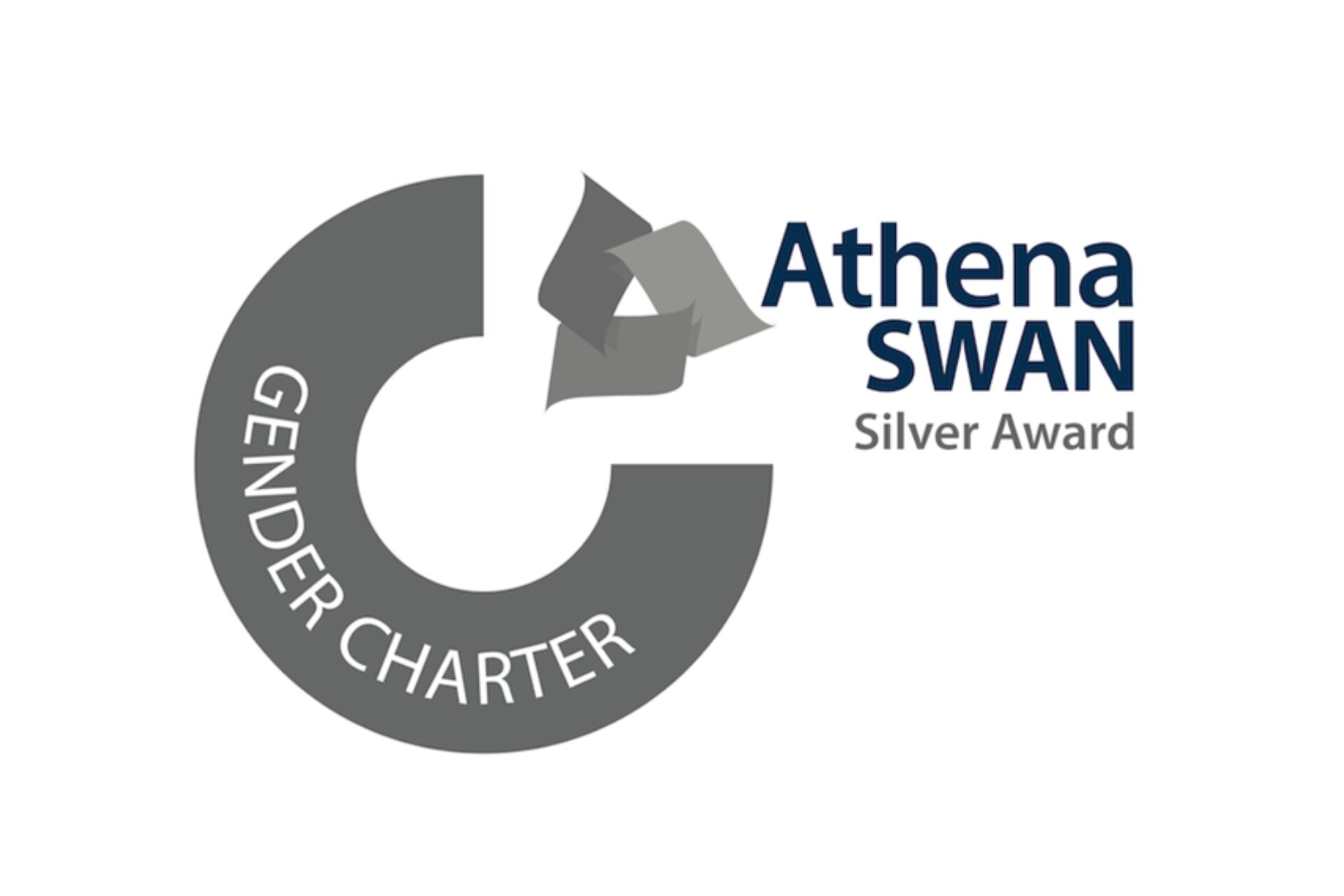
Department of Veterinary Anatomy, Physiology and Pathology
We study the morphological and functional structure of normal and pathologically altered organs and systems and their morbid conditions and causative agents. We support the delivery of veterinary care with state-of-the-art diagnostics and infection control.
In addition to undertaking key teaching activities and research, we also offer a range of high-quality diagnostic services through our veterinary pathology and microbiology diagnostic laboratories.
Staff in the Department of Veterinary Anatomy, Physiology and Pathology



